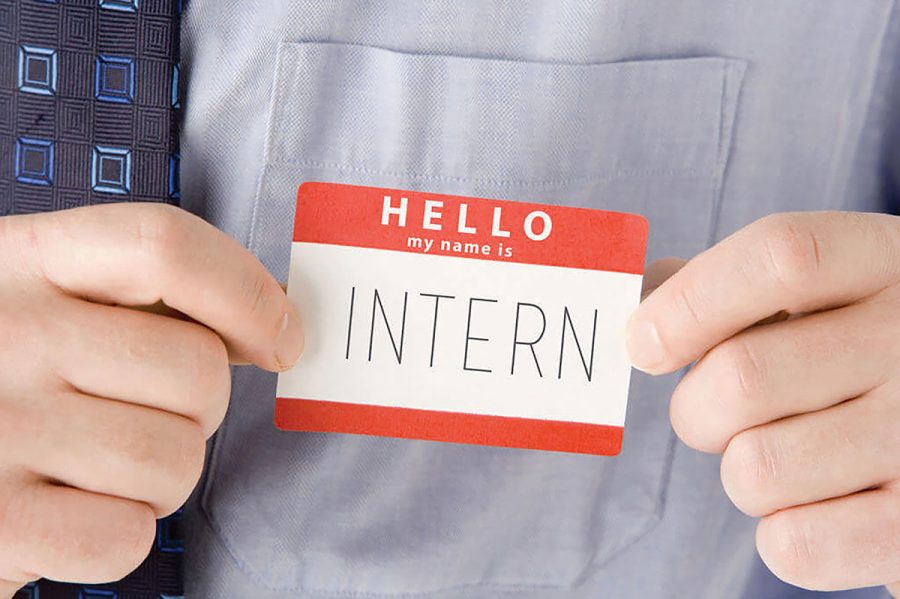To pay or not to pay
Who benefits from unpaid internships?
More stories from Hayley Jacobson
Photo by SUBMITTED
Should students be forced to choose between learning and living?
As a student, I worry long and hard about how I’ll be able to afford rent, university, and food all at once on the minimum-wage jobs I find. As I come to the end of my second year on campus, a new worry is creeping its way into my mind. I will soon be applying for an internship in the field I want to eventually work in.
I am not alone in this worry. Many other students I talk to about this have voiced their concerns to me about the same thing. I have heard the argument from both sides as to why interns don’t need to be paid, and why they absolutely should.
The Department of Labor states that there are seven tests a workplace must pass for them to be eligible to have unpaid interns.
First, the employer must make it clear to anyone that applies for the internship that it is an unpaid position. This does not, as far as I could see, mean that it is left to be implied.
Second, the employer must make sure the intern is actually learning something while working for them. That means coffee runs are not technically a part of the job. Or, at least, they should not be.
Next, the employer must say what and how the student learns from the position they are given and whether or not it is within an appropriate amount of time that other school courses could be completed in.
Finally, the unpaid internship shouldn’t consist of duties that would replace a necessary paid position and the completion of this internship doesn’t guarantee the intern a paid job.
As can be seen, most of the test consists of the student being able to learn from the work they are accomplishing, while the employer is in a teacher’s role that makes sure what the student is learning is within the bounds of the job they were hired for.
This means having an intern only to make them go on coffee runs and have minimal learning opportunities is not only illegal to do by the U.S. Department of Labor, but it is not what the intern was hoping to learn from their experience at the company that hired them.
Internships are important for building credibility and knowledge in certain fields, but interns also do a lot of heavy lifting within the companies they work for without getting any credit for it, monetary or otherwise.
The horror stories are cliche and everywhere: An intern is hired, worked to death and their boss takes all the credit. Those stories are all over Facebook, Reddit and plenty of other social media sites.
Now, the validity of those stories should be taken with a grain of salt. After all, not every internship is bad. There are plenty of good stories too, especially when they end with the intern being hired by the company later on.
At the end of the day, interns do a lot of valuable stuff for companies that could not survive without them.
In this day and age, it is better to pay an intern so they do better work and are happier, than to not pay the intern which will make them hate the industry while also forcing them to work a dead end job to cover basic needs.
Jacobson can be reached at [email protected].











